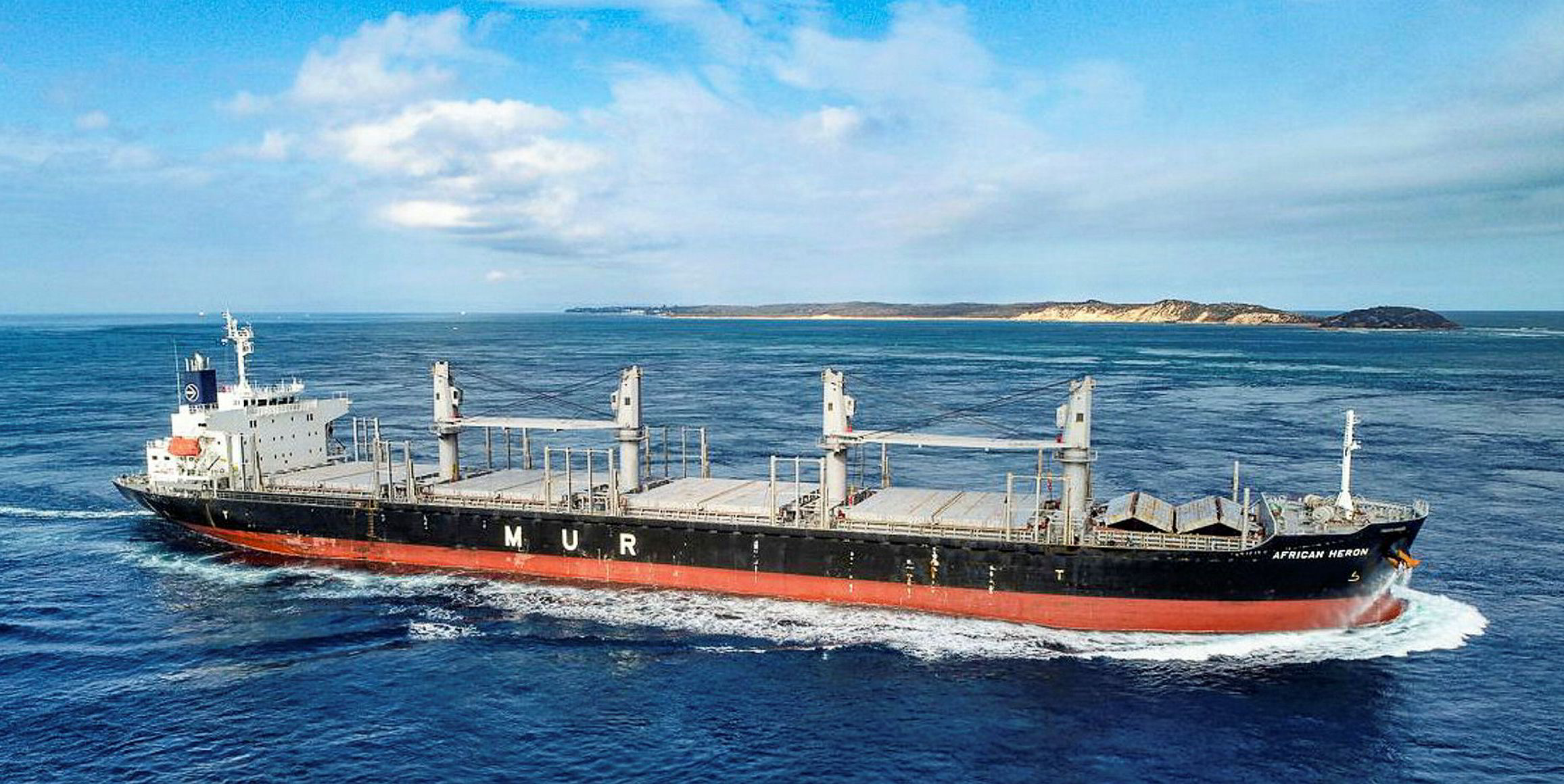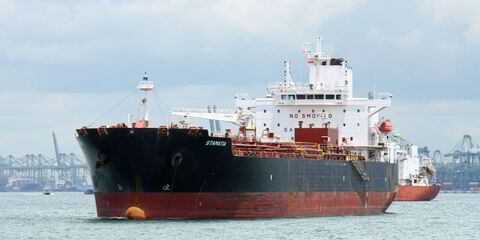Finnish owner ESL Shipping is mulling whether to lay up dry bulk vessels as volumes fall during the coronavirus crisis.
The company has already laid up one of two pusher-tug units that supply the steel industry since the middle of March.
The shipowner added: "ESL Shipping is closely monitoring the development of the market and is also prepared to lay up other vessels during this spring and summer."
Parent group Aspo's CEO Aki Ojanen said the company's operating environment weakened significantly during the first quarter, with revenue and profit down, mostly due to smaller transportation volumes from industrial customers.
"Unfortunately, we have been forced to adapt our operations and lay off some of our employees for a fixed term due to the market situation weakened by the coronavirus pandemic," he said.
"Concurrently we are, however, working hard to prepare ourselves for the time after the pandemic and to strengthen our market position in different business operations."
The company operates 51 dry cargo ships, including 25 chartered in.
It is now investigating different opportunities to have a broader presence in the Russian Arctic market, it said.
Price and demand levels lowered
Restrictions enforced in China at the beginning of the year due to the coronavirus pandemic had a substantial impact on general price levels in shipping company operations, ESL added.
"The expansion of the restrictions to other market areas during March increased uncertainties, and lowered demand and price levels in cargo markets. ESL Shipping has been able to maintain its normal service level in the highly exceptional operating conditions," the company said.
Volumes from industrial customers decreased to 3.5m tonnes in the first quarter, a dip from 3.6m tonnes in the same period of last year.
Coal cargoes dropped due to the mild European winter.
Some of its bigger ships were forced to operate more than expected in very weak spot markets as a result, ESL said.
One of the two supramaxes operated spot in the Atlantic region, while the other operated in contract traffic for the steel industry.
Results from the duo were slightly negative due to the poor cargo market situation, the company added.
Its two new LNG-fuelled vessels functioned well and were profitable, however.
Contract renewed
In the smaller vessel category of less than 10,000 dwt, the company renewed a "significant" contract n the forestry sector.
This had been due to expire at the end of 2020.
"Some customers have already announced production restrictions, which will have a significant negative impact on estimated transportation volumes, at least during the second quarter," ESL said.
The outfit's operating profit fell to €2.3m ($2.51m) in the quarter, against €3.2m in the same three months of 2019, and revenue decreased to €42.7m from €43.7m.
Aspo said it had issued new capital securities worth €20m at a fixed interest rate of 8.75%.
It has previously indicated it would sell €15m.
The company also launched an offer to buy back the outstanding €25m, 6.75% issue sold in May 2016.
Noteholders tendered €18.4m by the deadline, it said.





